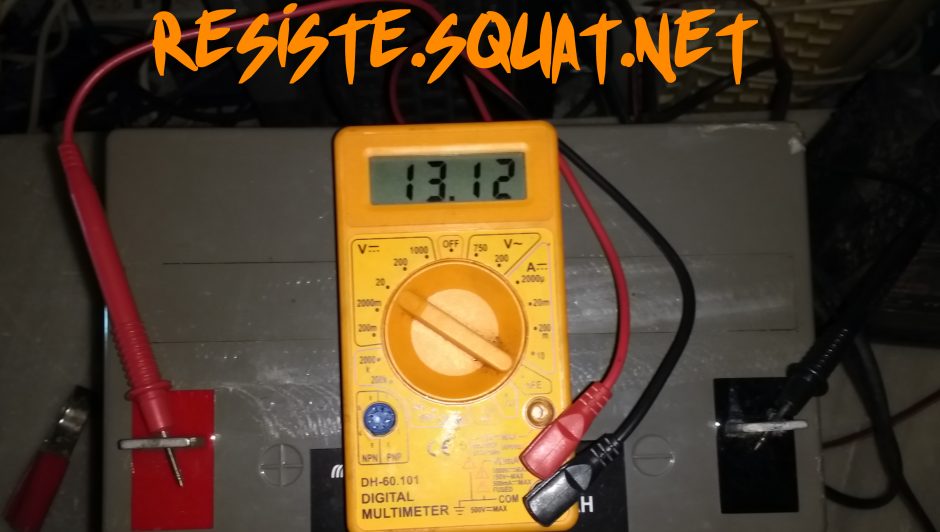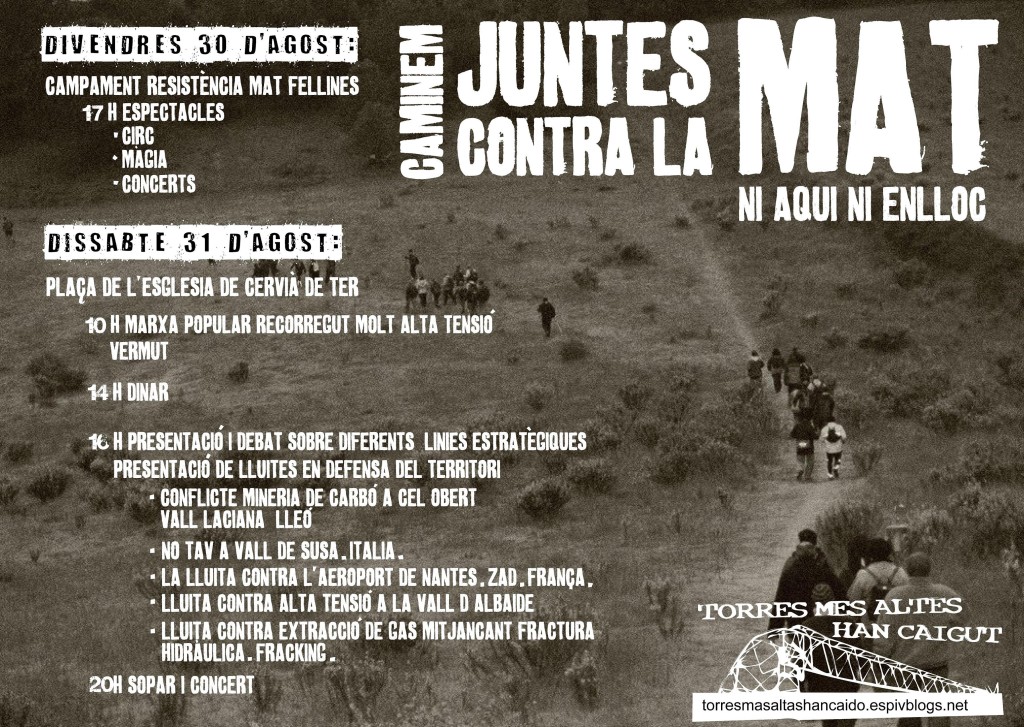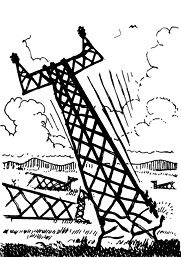 Abortion has been a controversial issue on the political agenda in Poland since the 90s.
Abortion has been a controversial issue on the political agenda in Poland since the 90s.
Tuesday marks (3rd of October´17)a year since thousands of women protested in the streets, in their workplaces, and in their homes, against an attack on their reproductive liberties. A year ago to the day, women have to do it again. A new bill has been drawn up to further limit the already restrictive abortion laws in Poland. As it is, abortion here is only possible when pregnancy poses a threat to a woman’s life or wellbeing, when it is the result of rape, or when the fetus is seriously and incurably ill or damaged. Even when one of those criteria is met, getting an abortion is really hard, if not impossible.
Conservative groups are calling to cut one of those criteria. They want to ban the termination of severely and irreversibly damaged and ill fetuses, even those which have no real chance of postnatal survival. Protesters want not only to stop the new bill, they’re petitioning for more lax laws which would legalize all abortions up until the 12th week of pregnancy, and only in the three extreme cases allowed under the current laws after that.
But abortion is only one of many issues facing women in Poland today. A piece of our reproductive freedoms was taken away this past year when the government made the ¨after pill¨ available by prescription only.
 And by the way, the doctor doesn’t have to give you one. She/he can call on the “conscience clause” and refuse to prescribe you the pill because it’s against her/his religion. It doesn’t stop there. Marek Michalak, the Children’s Rights Ombudsman in Poland, has drawn up a bill to “protect unborn children from the effects of alcohol and drugs”.
And by the way, the doctor doesn’t have to give you one. She/he can call on the “conscience clause” and refuse to prescribe you the pill because it’s against her/his religion. It doesn’t stop there. Marek Michalak, the Children’s Rights Ombudsman in Poland, has drawn up a bill to “protect unborn children from the effects of alcohol and drugs”.
It sounds innocent enough, but he proposes saving babies from Fetal Alcohol Syndrome by forcing at-risk pregnant women to be treated in institutions — without clearly defining what ‘at-risk’ means — and allowing the community to report pregnant women to the authorities for ‘misbehaving’ while pregnant, which could see treatment imposed on them, as well.
Last year, women protested because making decisions for people who are faced with a moral dilemma is not any kind of protection, certainly not of the sanctity of life. It’s oppression. It’s people — clergy, medics, suits — taking power and taking control.
Just like last year women in Poland returned to the streets. And just like last year, it’s raining and we raised our umbrellas!


 Radio Blackout – Torino
Radio Blackout – Torino Radio Bronka – Barcelona
Radio Bronka – Barcelona Radio Klaxon – ZAD Notre Dame de Landes
Radio Klaxon – ZAD Notre Dame de Landes Police Spies Out of Lives
Police Spies Out of Lives Contrainformación Anarquista
Contrainformación Anarquista Luca Zanette
Luca Zanette The anarchist library
The anarchist library Khimki Forest
Khimki Forest No Mat Catalunya – Campada
No Mat Catalunya – Campada No THT France
No THT France NoTav
NoTav ZAD – NotreDame de Landes
ZAD – NotreDame de Landes Usurpa!
Usurpa!